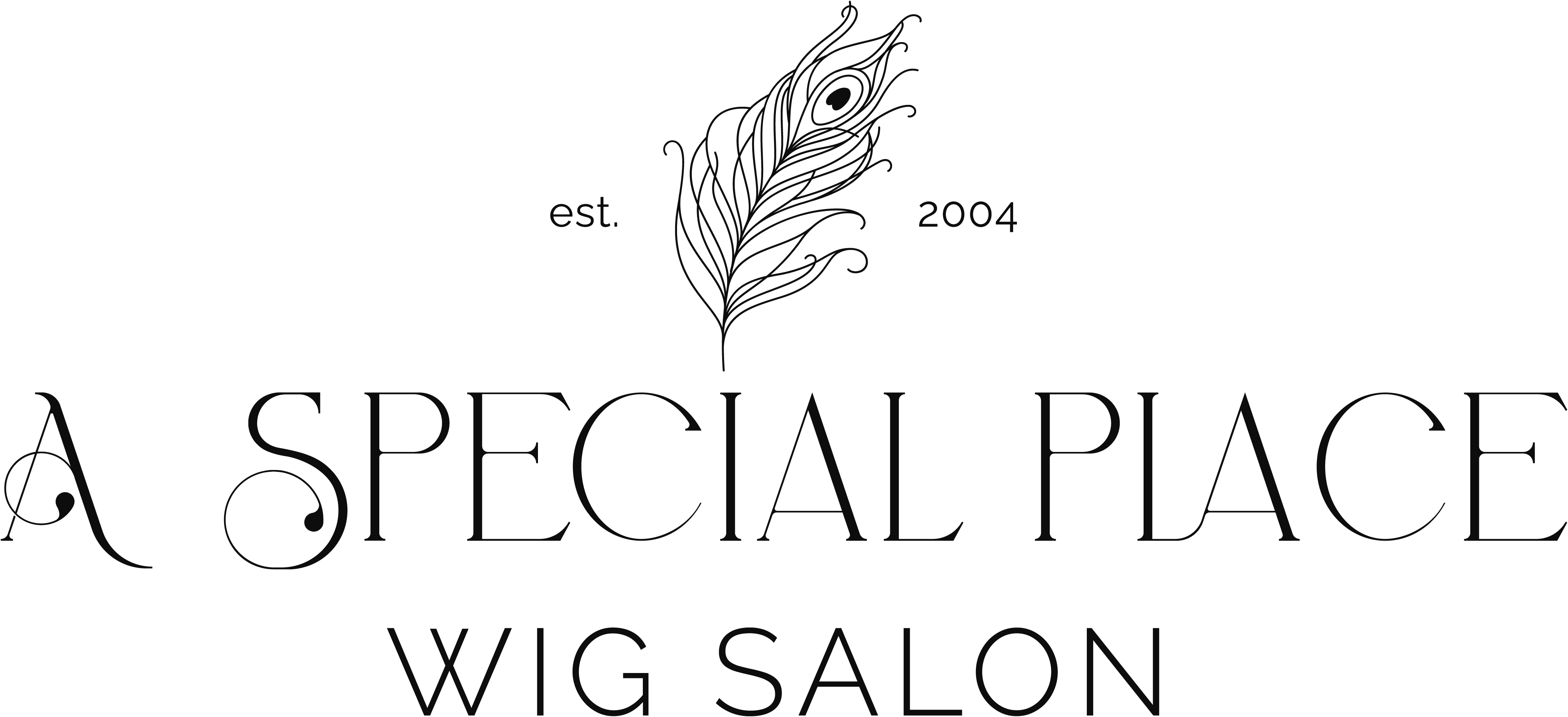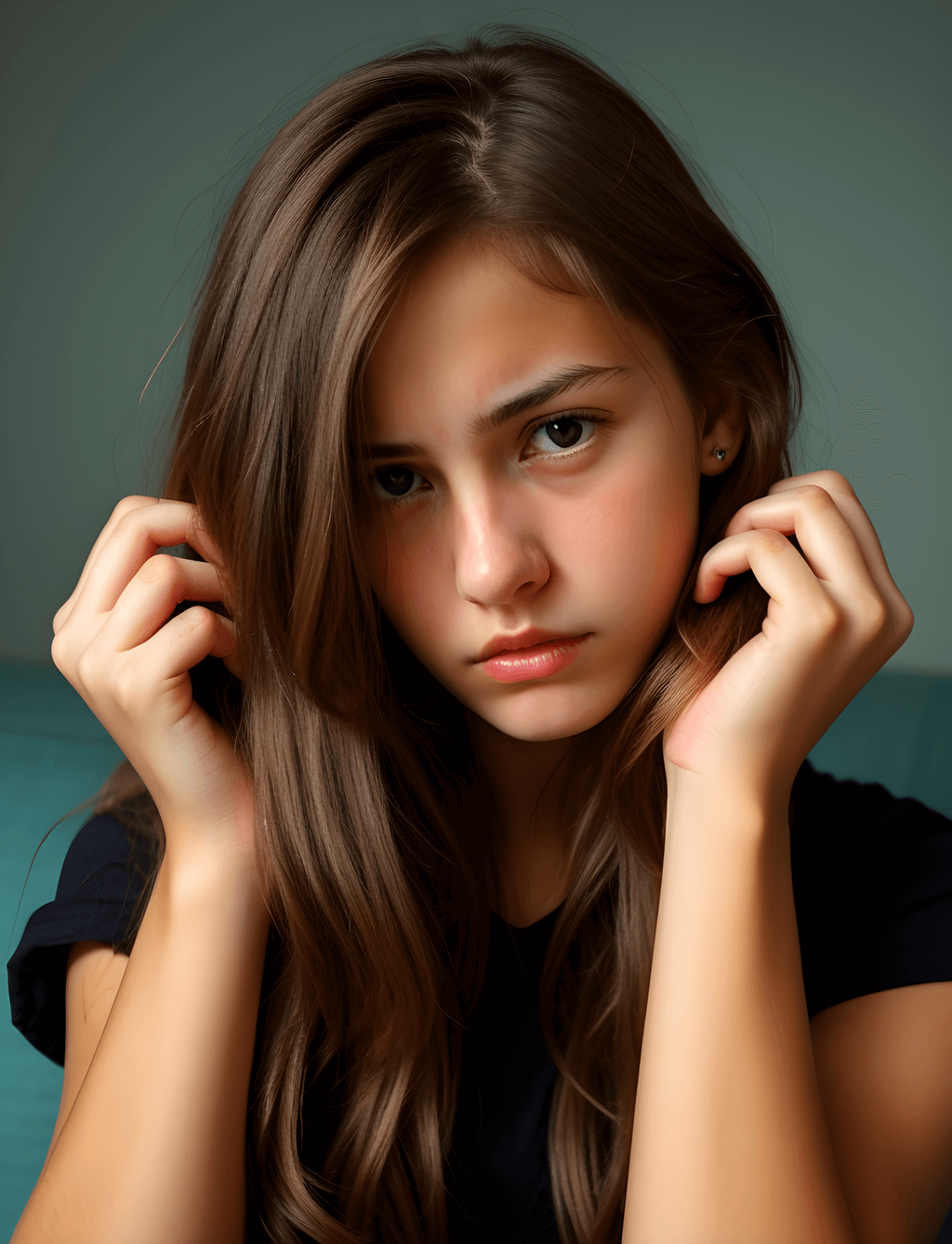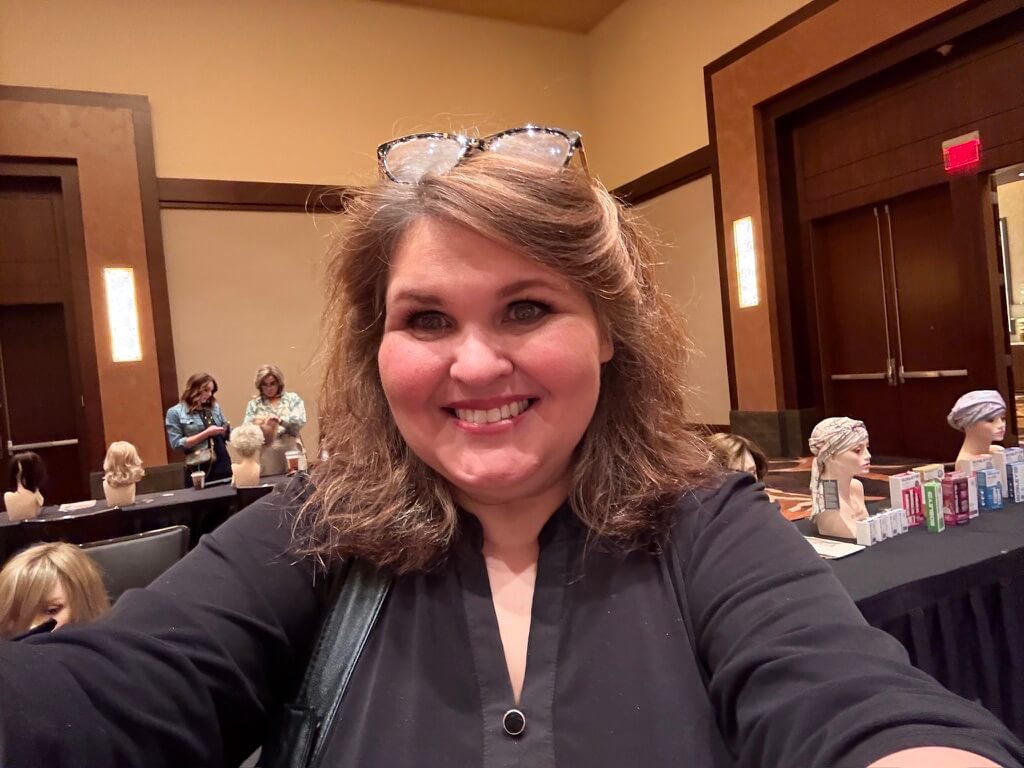Understanding the Root Causes of Hair Loss: Unveiling the Strands of Truth
A luscious mane of hair is often associated with vitality, beauty, and confidence. However, the reality is that many individuals, both men and women, grapple with the distressing issue of hair loss. Whether it’s thinning, receding hairlines, or bald patches, losing your hair can have a profound impact on one’s self-esteem and overall quality of life. In this article, we delve into the intricate web of factors that contribute to hair loss, shedding light on the science behind this phenomenon and exploring ways to address it.
1. Genetics: The Hereditary Hand Me-Downs
Perhaps the most well-known cause of hair loss is genetics. Androgenetic alopecia, commonly referred to as male and female pattern baldness, is largely determined by your family history. This type of alopecia occurs due to a complex interplay between hormones and genetics. Hair follicles become sensitive to a hormone called dihydrotestosterone (DHT), leading to a gradual shrinking of the follicles and ultimately resulting in shorter, finer hair.

3. Stress and Lifestyle: When Life Leaves Its Mark
The toll of modern life can be seen not only on our minds but also on our scalps. Chronic stress, often accompanied by inadequate sleep and an unhealthy diet, can disrupt the hair growth cycle. Telogen effluvium, a condition triggered by significant stressors, causes hair follicles to prematurely enter the resting phase, leading to increased shedding.
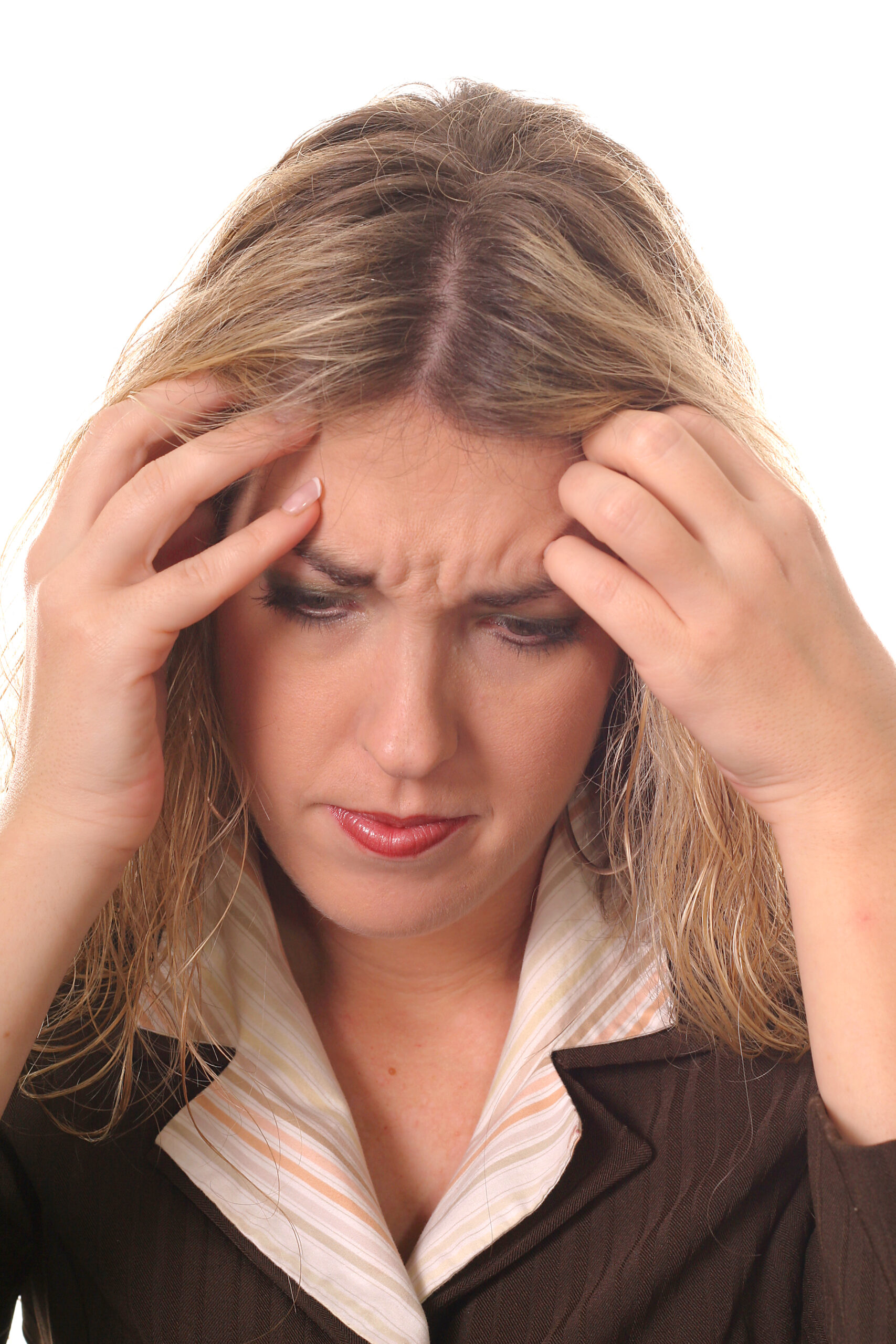
5. Medical Conditions and Medications: Underlying Culprits of Hair Loss

Certain medical conditions and medications can contribute to hair loss. Autoimmune disorders like alopecia areata cause the immune system to attack hair follicles, resulting in sudden hair loss. Chemotherapy and certain medications for conditions like high blood pressure, depression, and arthritis can also lead to hair shedding.
8. Environmental Factors: External Influences Can Cause Hair Loss

Our surroundings can also play a role in the health of our hair. Exposure to pollutants, harsh sunlight, and even hard water can contribute to hair damage and loss. Additionally, wearing hats excessively can rub against the hair and weaken the follicles.

2. Hormonal Havoc: The Role of Hormones in Hair Loss
Hormones play a crucial role in maintaining the delicate balance of our bodily functions. Fluctuations in hormones can trigger hair loss. For example, conditions like polycystic ovary syndrome (PCOS) and thyroid disorders can lead to hormonal imbalances that contribute to hair thinning. Pregnancy and childbirth can also cause temporary hair loss due to shifts in hormone levels.

4. Diet and Nutrition: Feeding Your Follicles
Just as a balanced diet benefits your overall health, it also affects the health of your hair. Nutrient deficiencies, particularly of vitamins like biotin, minerals like zinc, and proteins, can weaken hair strands and impede their growth. Conversely, a diet rich in essential nutrients supports hair health and growth.
6. Hairstyling Practices: Beauty at a Cost
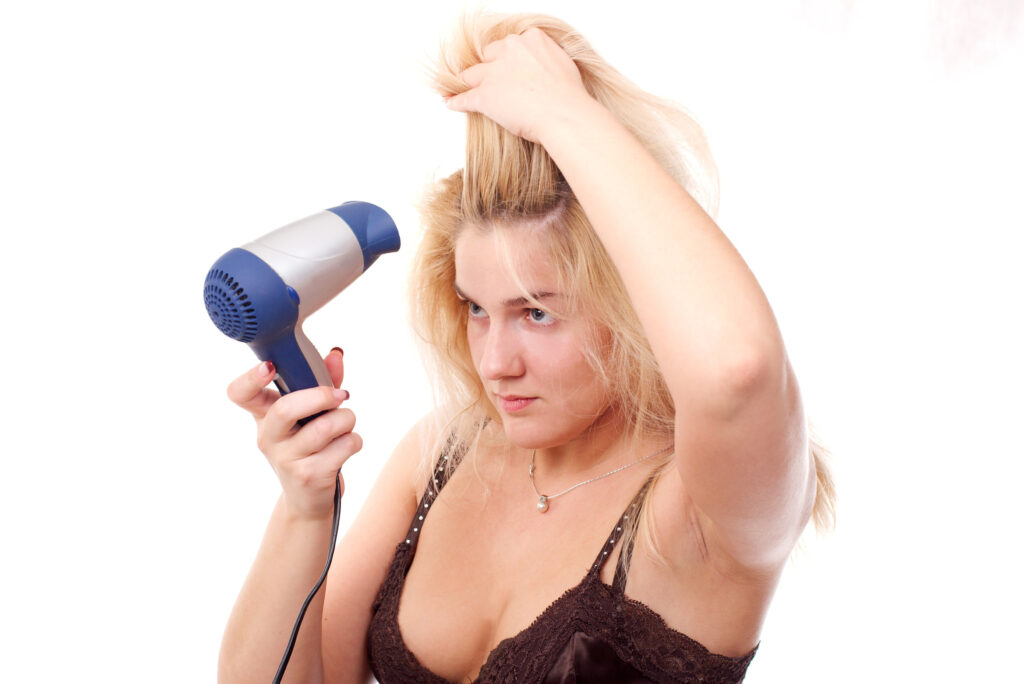
The way we style our hair can inadvertently contribute to its loss. Excessive use of heat styling tools, tight hairstyles like braids and ponytails, and chemical treatments can damage the hair shaft and weaken the follicles, leading to breakage and thinning.
7. Age: The Inevitable Passage of Time
As we age, our bodies undergo various changes, and our hair is no exception. With age, hair follicles tend to shrink, leading to finer and shorter strands. Additionally, the rate of hair growth slows down, making it more challenging for the body to replace lost hair effectively.

Taking Control: Addressing Hair Loss
While the causes of hair loss may seem overwhelming, it’s important to note that there are several approaches to managing and addressing this issue:
- Medical Interventions: Consultation with a dermatologist can lead to personalized treatment plans, which may include medications like minoxidil and finasteride, as well as advanced treatments like hair transplant surgery.
- Lifestyle Changes: Adapting a healthier lifestyle that includes a balanced diet, stress management, and adequate sleep can positively impact hair health.
- Gentle Hair Care: Using mild, sulfate-free shampoos and minimizing heat and chemical treatments can prevent further damage to hair.
- Camouflage Techniques: Hair styling, wigs, and hairpieces can provide temporary solutions to conceal thinning hair.
- Alternative Therapies: Some individuals explore natural remedies like essential oils, scalp massages, and supplements to support hair growth, although their effectiveness varies.
In Conclusion
Understanding the multifaceted causes of hair loss empowers individuals to make informed decisions about managing this concern. While hair loss can be distressing, it’s essential to remember that seeking professional advice and adopting a holistic approach can pave the way for healthier, more confident strands in the future. Whether it’s embracing changes in lifestyle or exploring medical interventions, the journey to reclaiming your hair’s vitality begins with acknowledging the factors that influence its health.
